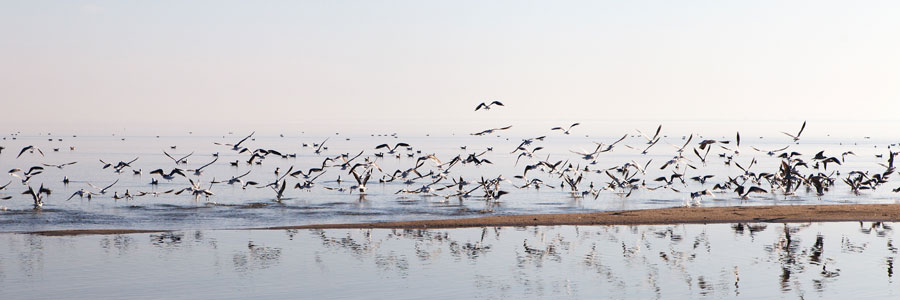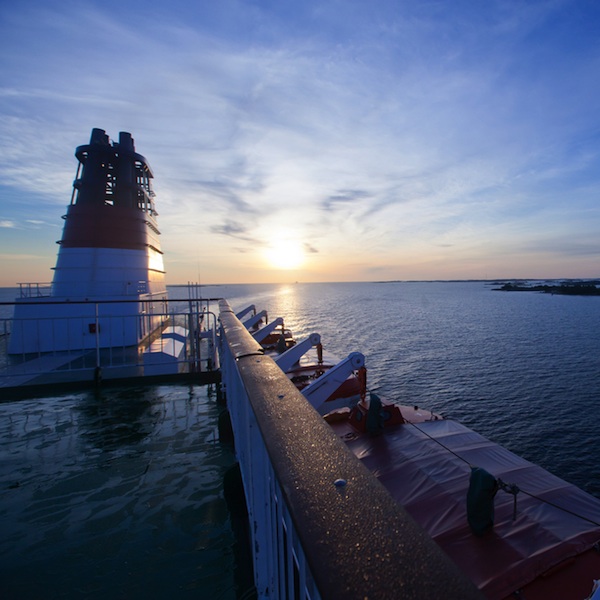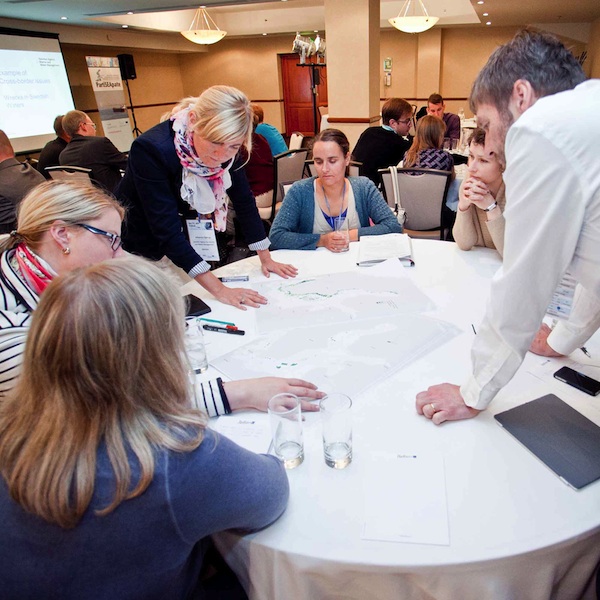Integrated indicator system

An indicator system assessing cumulative impacts of marine space use is a practical tool for planners.
It can assist them to better understand and evaluate MSP impacts ex-ante in terms of spatial efficiency and functionality of ecosystems, navigation, economic cost reduction and contribution to social welfare. The proposed methodological approach aimed to analyse the socioeconomic driving forces, helping to identify and assess the trends of socioeconomic development and natural processes as well as evaluate the environmental impacts and economic effects of implemented MSP solutions.
Use
Indicator system is rather monitoring tool developed to trace the effects and linkage of maritime economic development to environmental as well as socio-economic status. Indicator-based approach allows to use certain numerical/quantitative values in order to measure the effects of spatial planning if/when implemented. The main objective is to see if MSP is beneficial for the coastal communities in terms of economic growth and social wealth being as well as for the general ecological status of the marine environment. Ideally, indicator system has to be used before the MSP is in place and repeated systematically in reasonably set timeframe.
The indicator system integrates the knowledge on the status of both on coastal zone and marine environments. The data required has to be applicable to measure two sets of already established indicators:
- ICZM sustainable development indicators developed by the EU working group on indicators and data specifically aiming to trace the socio-economic and environmental quality changes in the coastal zone, and
- MSFD Good Environmental Status descriptors focusing on monitoring of changes of the marine environment.
Creating special combination of those and/or creating the new – combined indicators suitable for assessment of cumulative effects of various maritime uses addressed in maritime spatial plans. The proposed methodology has been the background for the assessment and monitoring of changing socio-economic situation before and after maritime spatial planning was applied.
The indicator system is applicable to the both marine and coastal environments, temporal and spatial scale depends on the indicator to be measured.
Synergies are to be found with the project on Sustainable Development Indicators on Integrated Coastal Zone Management in the South East Baltic.






